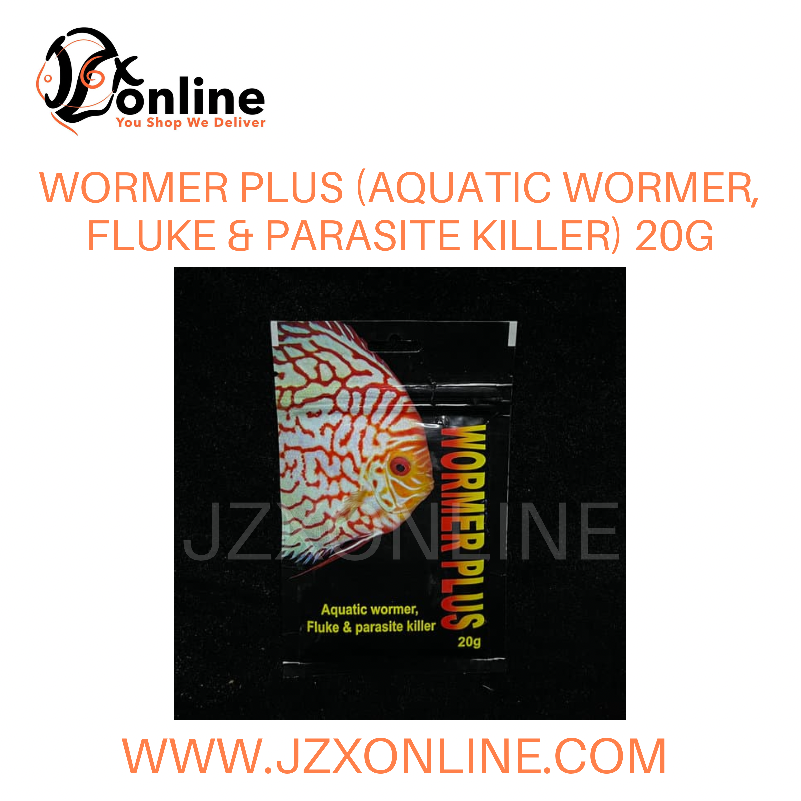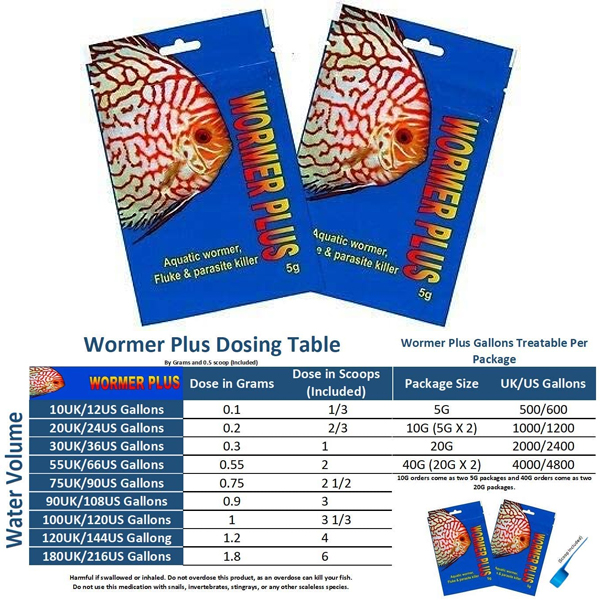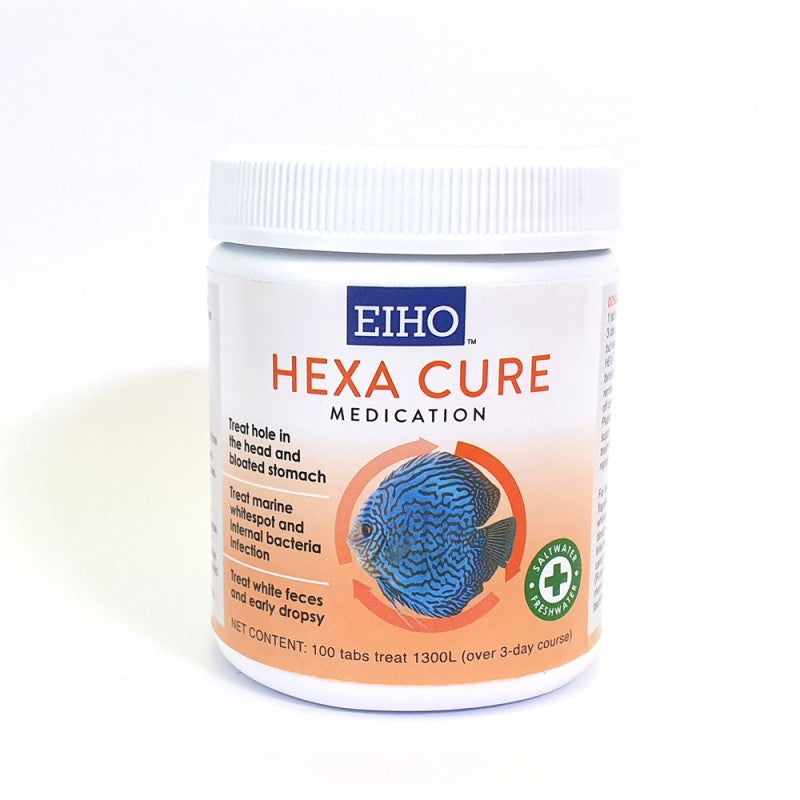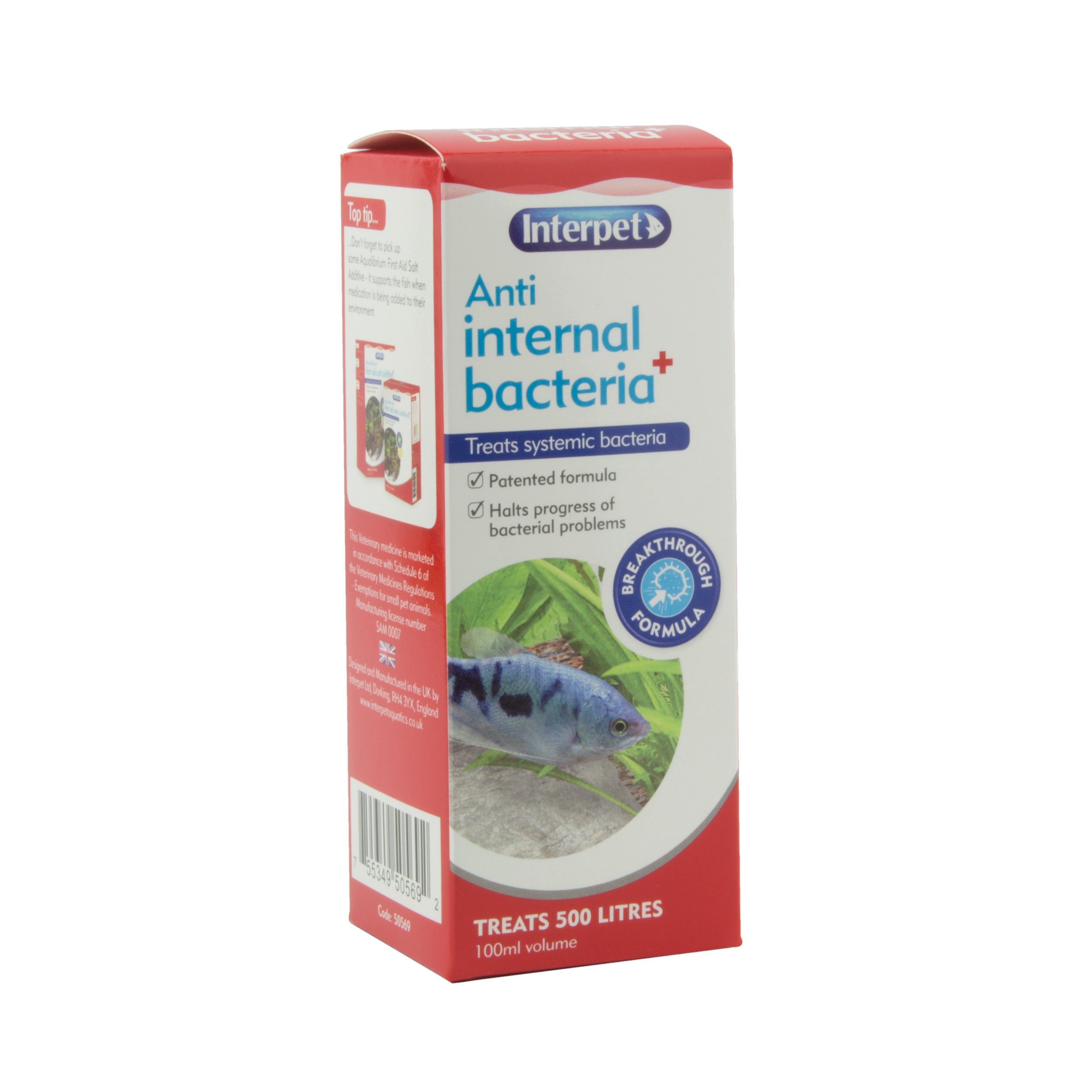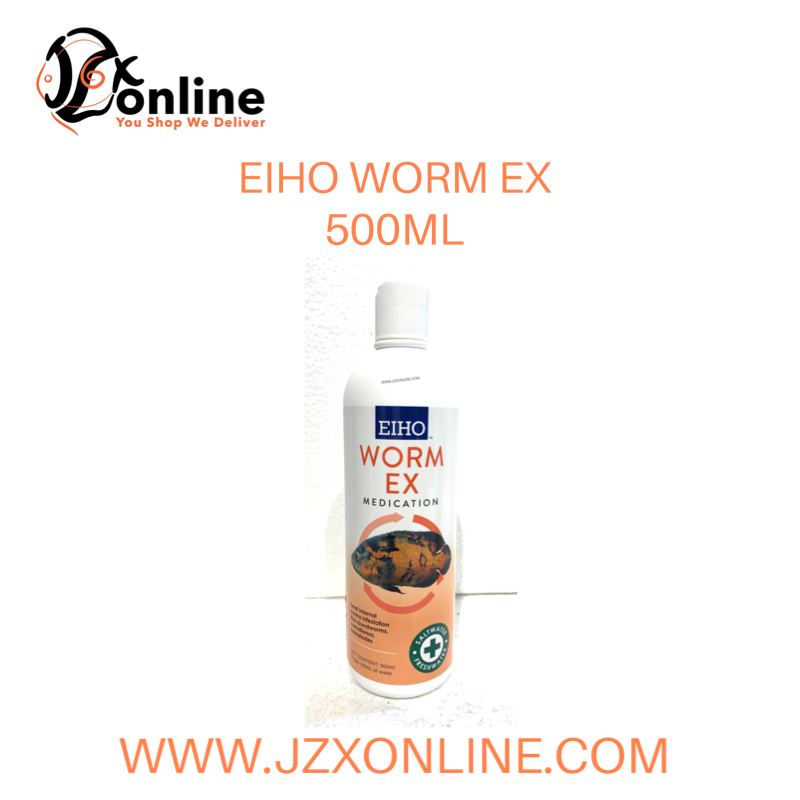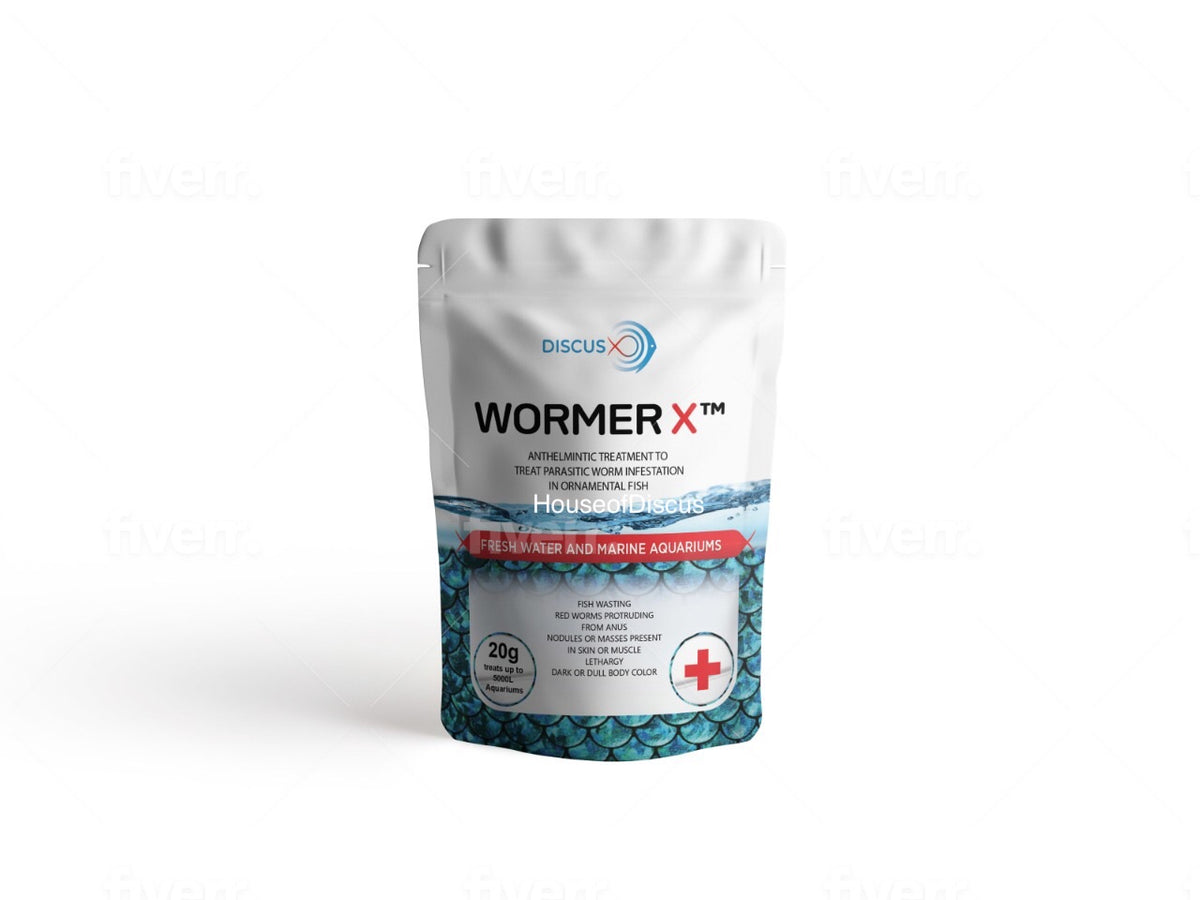I guess the most possible cause is "internal worms".
Two diseases that commonly affect the Discus are:
1)Gill flukes
Symptoms : Fast breathing and fish scratching against objects or tank.
Treatment : Praziquantel, Flubendazole(more effective). Most of the gill flukes have developed resistance to Praziquantel due to overuse of this medication.
2)Internal worms or parasites or bacteria.
Symptoms : Fish will stop eating, lose appetite. When you feed them food, the fish will even turn away from the food. Fish may become skinny (but not necessarily).
Fish may have white poops (but not all the time).
Treatment:
Internal worms :
Flubendazole (may need to treat for about one month)
Internal parasites:
Metronidazole
Internal bacteria : I am still unsure which brand has the best medication for this but you can try Interpret brand.
Based on my readings from the internets and books about Discus, I realized tht the Discus may have been infected with these two diseases while in the fish farms or fish stores.
The internal infections are often caused by feeding with live food - worms or even the beef heart which oftens happened at the fish farms or fish stores.
This internal infections may not show any symptom immediately when you first bought the fish.
Sometimes it may even take a few months before showing any symptoms.
I had even read of many cases of people being infected with worms (it's in the news) due to eating of raw fish(Japanese, Koreans, Thai people) and raw beef.
In fact, any raw meat will carry parasites, worms and bacteria with them.
Here is the list of medications from different brands:
1) Flubendazole :
Wormer Plus :
Discus Wormer Plus Now in smart new updated packaging to celebrate 15 years since wormer plus first came out. Many fish come from massive river systems where water changes all the time. This is the difference to keeping them trapped in a 'glass box' & with nowhere to escape, unwanted pest can...
jzxonline.com
Worms, flukes and parasites disturb the entire balance of an aquarium tank. Kusuri Wormer Plus claims to adress this issue. Read this detailed review

www.aquarium-water-treatments.com
2) Metronidazole
Hexa or Metro Cure by Eiho (could be a Singapore brand). They changed the bottle/packing name. It's either Hexa or Metro.
HEXA CURE TREATS FLAGELLATED PROTOZOA. 100 tabs HEXA CURE is effective to combat heamita and spironucleus flagellates found in aquarium fishes.Some of the common disease includes Hole-in-the-head. Symptoms are commonly dark colour body and eat poorly. The feces are white and stringy. Infected...
www.houseofdiscus.shop
metro

eastoceansg.com
3)Praziquantel :
- API General Cure (but it's not cheap and too little if you want to use it for longer period) which contains
Metronidazole and Praziquantel.
API GENERAL CURE fish remedy treats a wide variety of parasitic diseases.

apifishcare.com

dailymed.nlm.nih.gov
.
Is your pet fish getting sick? After years of testing, we've narrowed down the best medicines proven to treat bacterial, fungal, and parasitic infections.

www.aquariumcoop.com
- Praziquantel by Eiho
Prazi GoldTreatment for internal and external parasites like flukes, tapeworm, flatwormSafe for scaleless fishes and plantsEIHO Prazi Gold eliminates a wide range of internal and external parasites. Such parasites include flukes and heartworms in the internal organs of fishes.During early...

eastoceansg.com
4) Anti-internal bacteria by Interpret:
Anti Internal Bacteria Plus – 100ml | Treat systemic bacteria infections. Includes market leading breakthrough formulas for the best results.

www.interpet.co.uk
My recommendation if you suspect that its internal infection -
Start with Wormer Plus(Flubendazole) or any De-worm products that you can find at your local fish store.
I used Flubendazole on all my Discus and they started to pass out white poop after a few weeks.
I used it to kill all the worms and gill flukes in my tank and I stopped feeding them with beef heart.
They are completely free from worms and parasites now.
My Discus is laying eggs the third round now. But they are still young and inexperience in taking care of the fry. I hope they will succeed soon. The female is Red Melon and the male is Blue Tiger.



